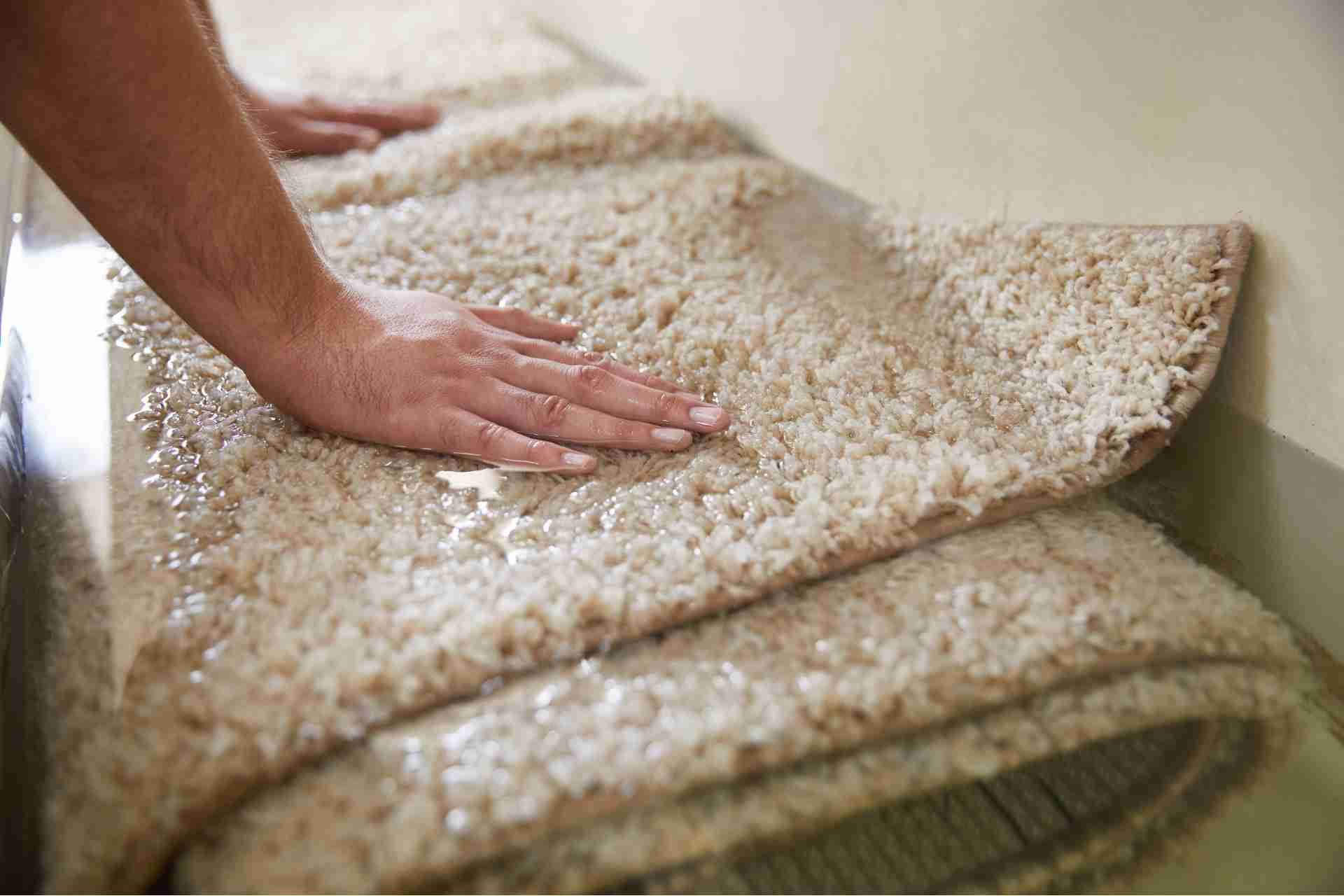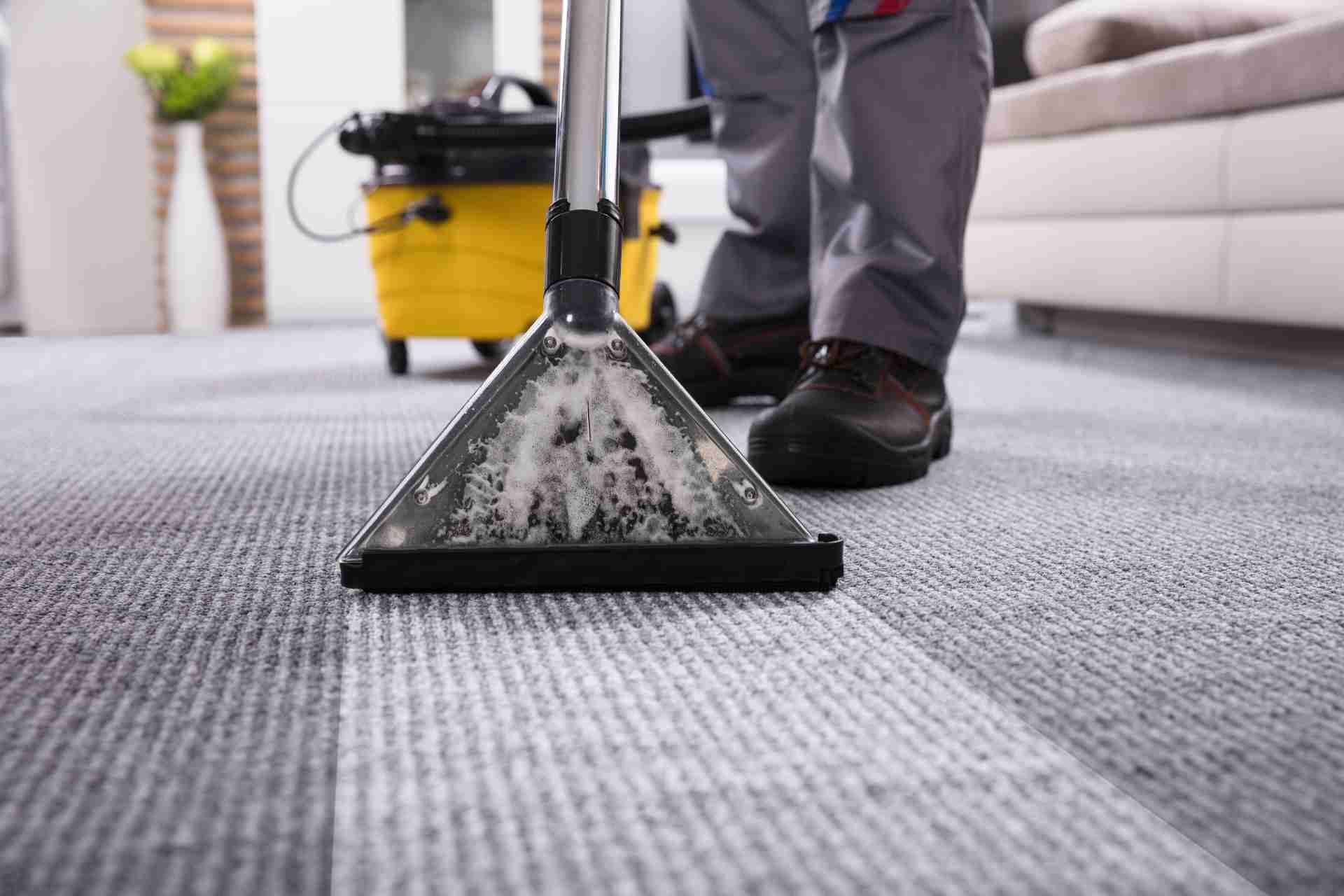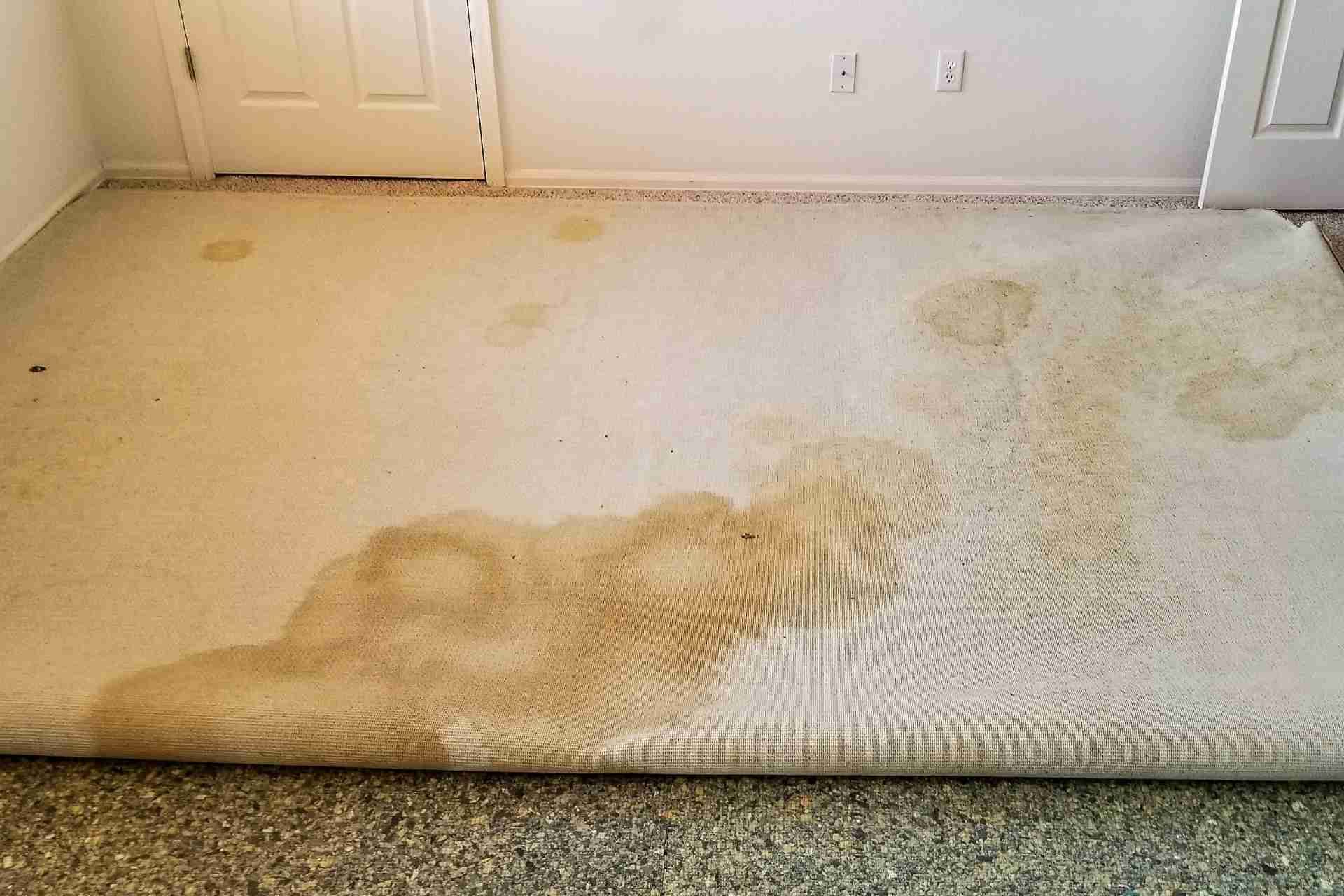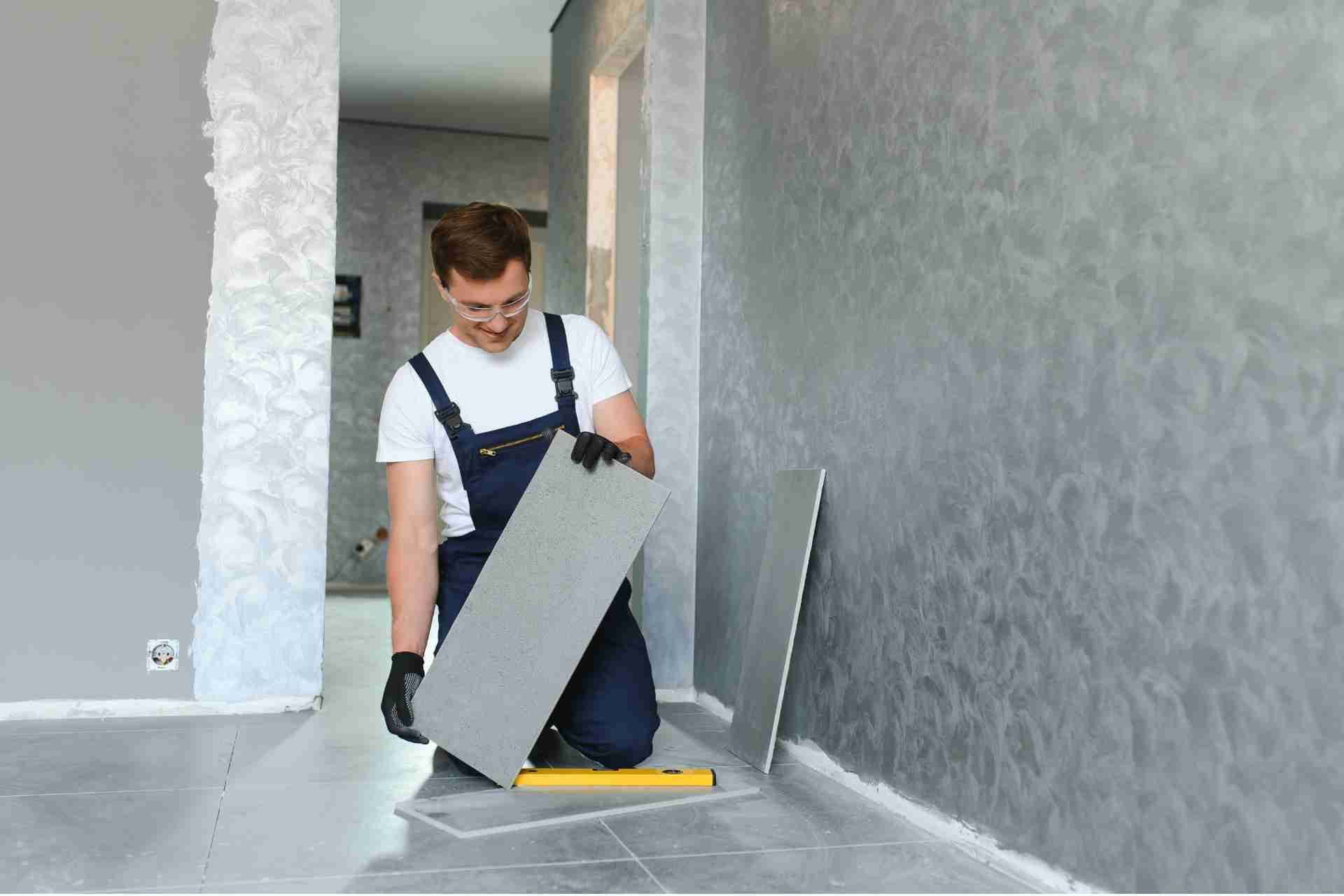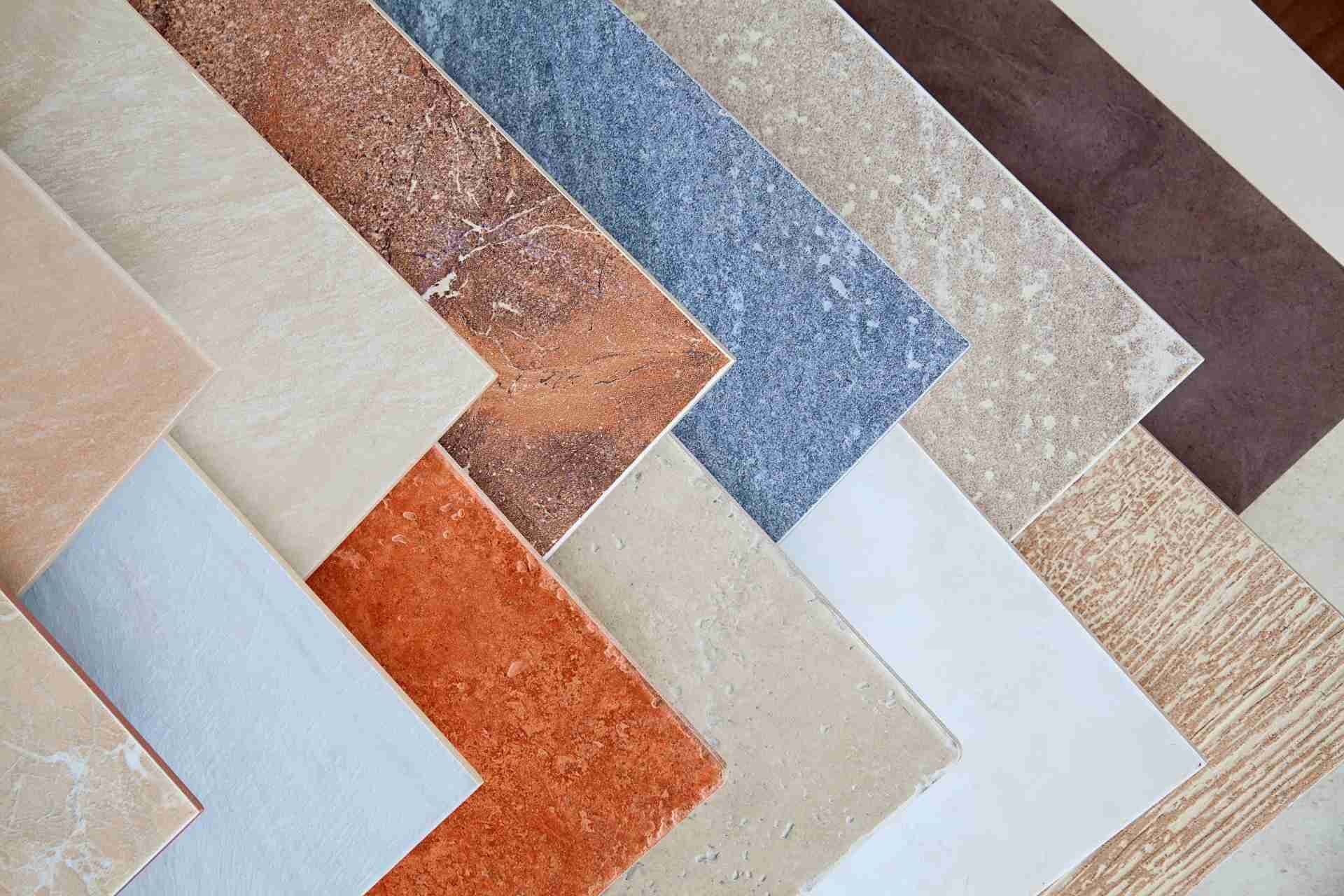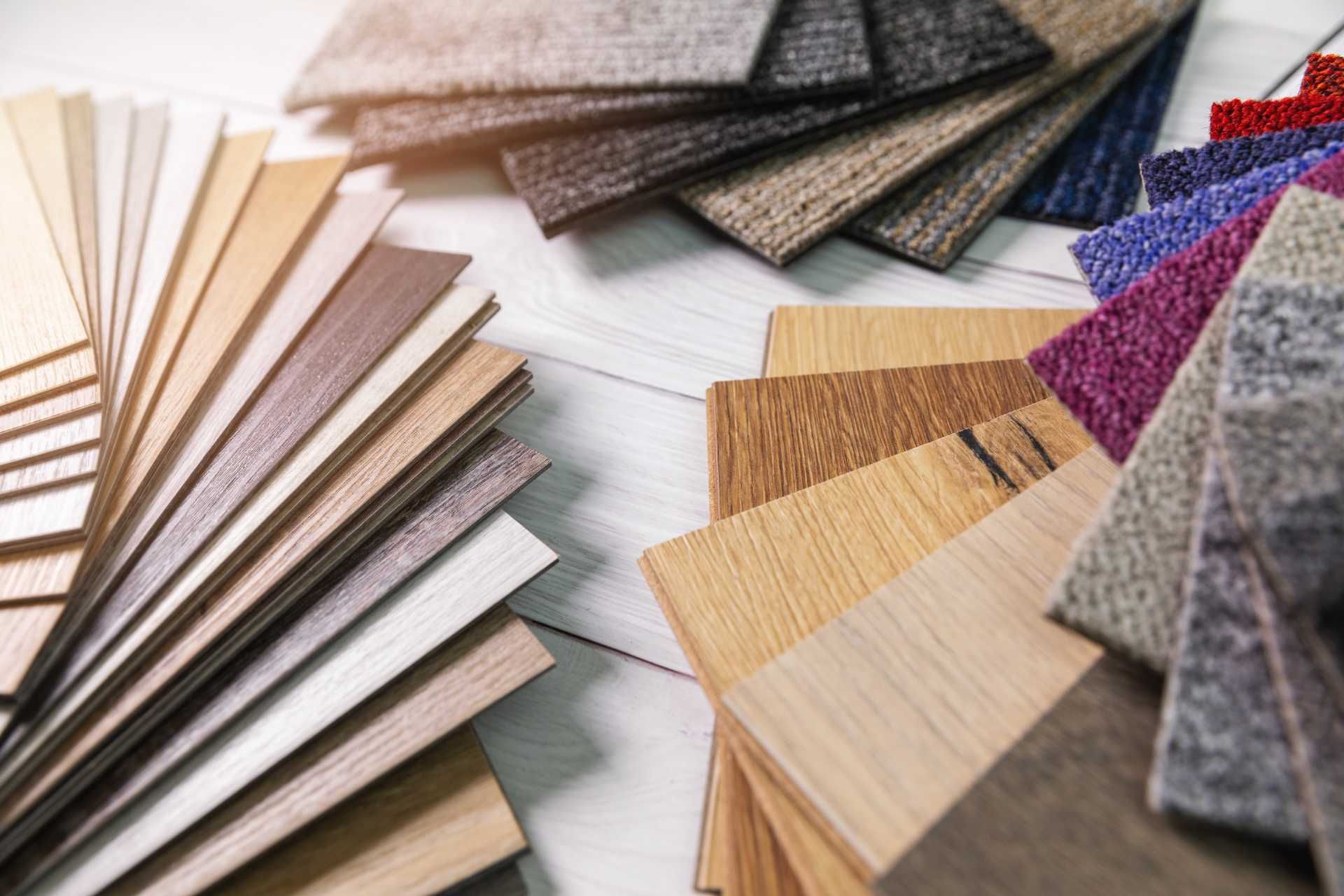Installing Tile Floors: Professional or DIY? Making the Right Choice
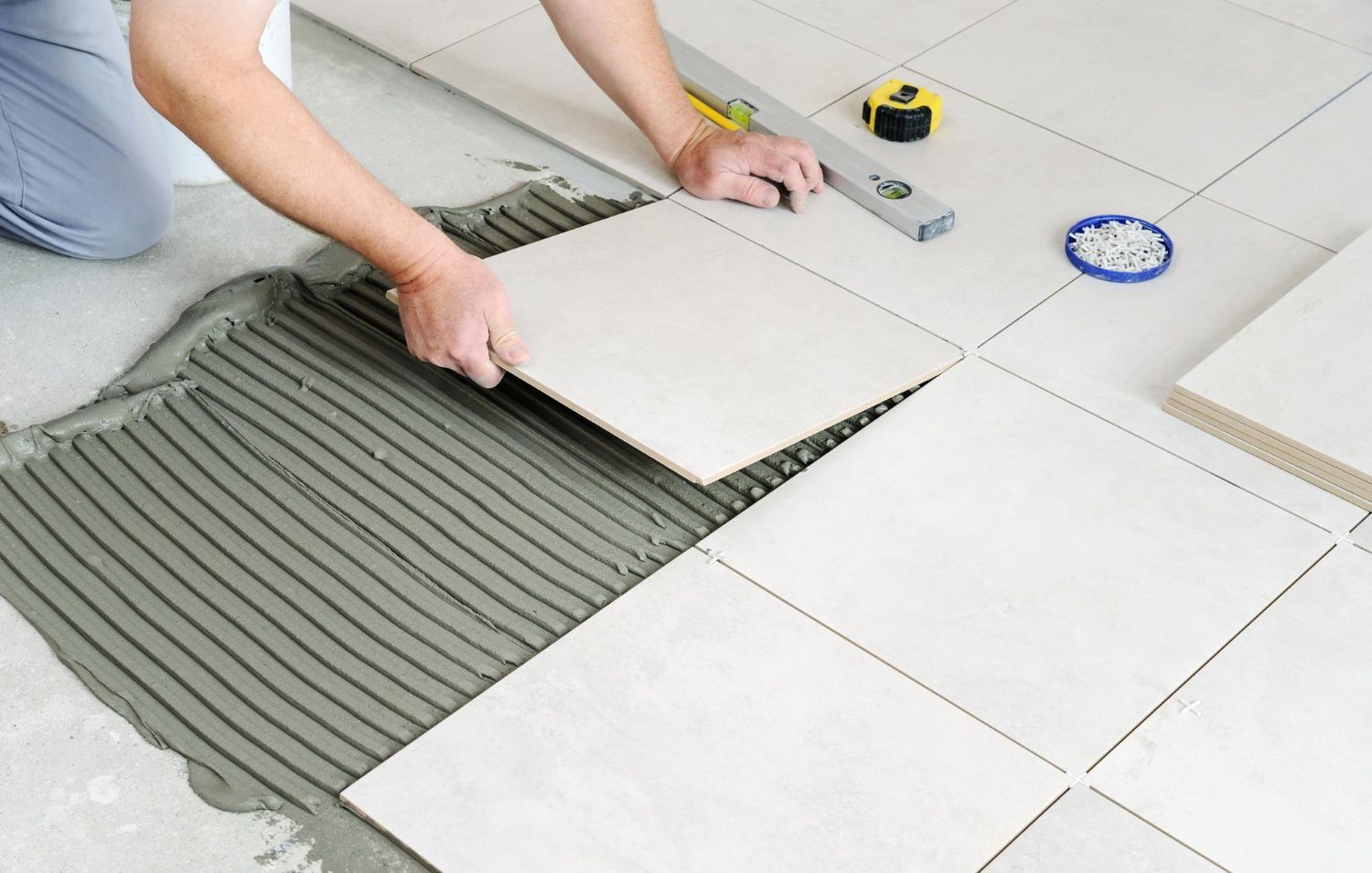
Introduction
Tile floors are a popular choice for their durability, aesthetic appeal, and low maintenance. When it comes to installing tile floors, one of the key decisions homeowners face is whether to hire professionals or undertake the project as a do-it-yourself (DIY) endeavor. This blog post explores the pros and cons of both options to help you make an informed choice. Whether you opt for professional installation or decide to tackle it yourself, understanding the considerations involved will ensure a successful and satisfactory outcome for your tile flooring project.
Professional Tile Installation
- Expertise and Experience: Professional tile installers possess the necessary knowledge, skills, and experience to handle complex installations. They are well-versed in industry best practices and can navigate potential challenges, ensuring a high-quality and long-lasting result.
- Time and Efficiency: Professionals are equipped with the tools, materials, and manpower needed to complete the project efficiently. They can save you significant time and effort, especially for larger areas or intricate designs.
- Warranty and Guarantees: Reputable tile installation professionals often offer warranties or guarantees on their work. This provides peace of mind knowing that any potential issues or defects will be addressed without additional costs.
DIY Tile Installation
- Cost Savings: One of the main advantages of a DIY tile installation is the potential cost savings. By eliminating labor costs, you can allocate more of your budget towards high-quality materials or other aspects of your project.
- Learning and Personal Achievement: Taking on a tile installation project yourself allows you to acquire new skills and gain a sense of personal accomplishment. It can be a fulfilling and rewarding experience for those who enjoy hands-on projects.
- Flexibility and Control: DIY installations give you complete control over the timeline, design choices, and customization options. You can work at your own pace and make adjustments as needed without relying on external contractors.
Considerations for DIY Tile Installation
- Skill and Knowledge: Installing tile floors requires a certain level of expertise and understanding of proper techniques. It is crucial to educate yourself, gather resources, and practice on smaller projects before tackling a larger installation.
- Tools and Equipment: DIY installations necessitate acquiring the appropriate tools and equipment, such as tile cutters, trowels, and spacers. Renting or purchasing these tools adds to the overall project cost.
- Time and Effort: DIY installations often require more time and effort, particularly for beginners. It is essential to consider your availability, physical capabilities, and commitment to the project before deciding to proceed.
Hybrid Approach: Hiring Professionals for Complex Areas
In some cases, a hybrid approach may be suitable. For complex areas, such as bathrooms or intricate patterns, hiring professionals to handle these portions of the project can ensure a high-quality result. This approach allows you to combine cost savings from DIY work with the expertise of professionals in critical areas.
Conclusion
Deciding between professional installation and DIY for tile floors ultimately depends on your budget, skill level, and the complexity of the project. Professional installation offers expertise, time efficiency, and warranties, while DIY provides cost savings, personal satisfaction, and creative control. Carefully evaluate your capabilities, consider the project's scope, and weigh the pros and cons before making a decision. Whether you choose professional installation, DIY, or a hybrid approach, a well-executed tile floor installation can enhance the beauty and value of your home.

